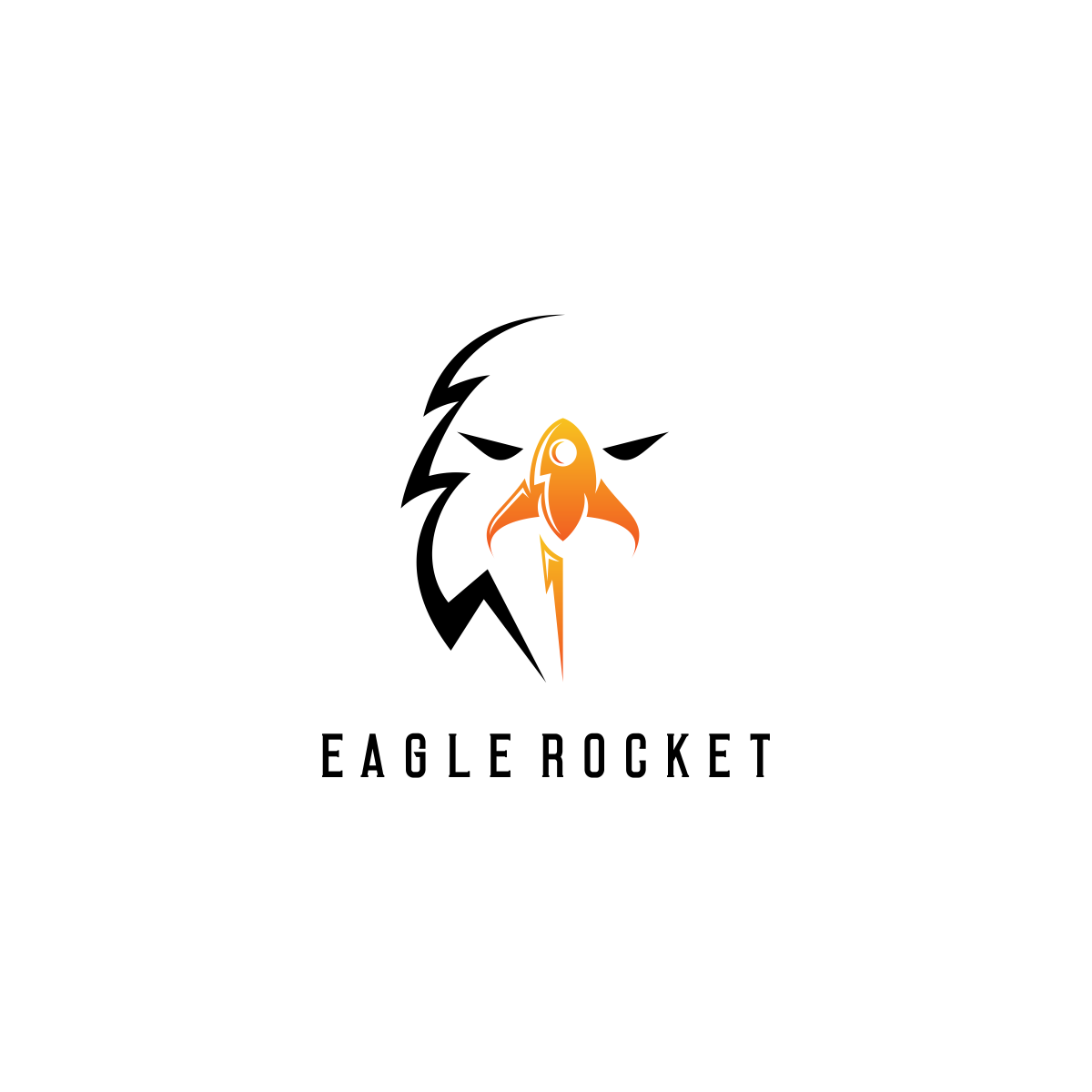In the ever-evolving landscape of employment, recognizing the emerging trends can be instrumental for companies aiming to thrive in 2025. As we step into this dynamic era, understanding the direction in which the job market is heading is not merely an option, but a necessity. With significant shifts driven by technology, demographic changes, and evolving business models, preparing for these trends can give organizations a competitive edge. Among the key players shaping the future of work in France are leading corporations like L’Oréal, Danone, Carrefour, Airbus, Renault, Capgemini, Crédit Agricole, Orange, TotalEnergies, and Dassault Systèmes, all of whom are adapting to these emerging paradigms.
Technological Transformation and Automation in the Workplace
The rapid advancement of technology is reshaping the job market in unprecedented ways. Automation, artificial intelligence (AI), and machine learning are redefining how businesses operate and the types of skills required from employees. In 2025, many routine tasks that were once performed by humans will increasingly be handled by machines.
Key Areas of Change Include:
- Robotics: Many industries will rely on robots for manufacturing and logistics, significantly reducing the need for manual labor.
- AI in Hiring: AI-driven recruitment tools will streamline the hiring process, making it easier for companies to find the right candidates.
- Remote Work Technologies: Virtual collaboration tools will enhance remote working capabilities, allowing teams to connect more effectively.
This technological shift means employees must adapt by acquiring new skills. Upskilling and reskilling will become vital for staying competitive in the job market. Companies will focus on providing ongoing training to help their workforce transition into more tech-centric roles.

Impact on Employment Sectors
Key sectors are undergoing transformation due to technology. For instance, in the retail industry, giants like Carrefour are investing in automated checkout systems and AI-driven inventory management. Similarly, L’Oréal is utilizing technology for personalized customer experiences, leading to a demand for data analysts and AI specialists.
| Sector | Technological Impact | Skills in Demand |
|---|---|---|
| Manufacturing | Automation of production lines | Robotics expertise, engineering |
| Retail | AI in customer service | Data analysis, digital marketing |
| Finance | Blockchain and fintech solutions | Software development, risk management |
With these changes, organizations will need to rethink their recruitment strategies. Understanding the skills gap will help employers align their hiring with future needs.
Diversity, Equity, and Inclusion in Recruitment Practices
In 2025, diversity, equity, and inclusion (DEI) will be at the forefront of hiring practices in France. As companies recognize the value of diverse perspectives in driving innovation, organizations will strive to create more inclusive work environments. Corporations such as Danone and Airbus are leading the way by implementing rigorous DEI programs that go beyond mere compliance.
Key Initiatives in DEI Implementation:
- Diverse Hiring Panels: Incorporating varied backgrounds in hiring processes.
- Inclusive Job Descriptions: Crafting descriptions that attract a diverse candidate pool.
- Ongoing Training: Providing training on unconscious bias to all employees.
Fostering an inclusive workplace enhances employee morale and helps attract top talent. Candidates today look for companies that reflect their values. This creates an opportunity for organizations to elevate their brand while nurturing a diverse talent pool.
Measuring Success in DEI Initiatives
Evaluating the effectiveness of DEI initiatives is critical for long-term success. Companies must measure various metrics, such as employee satisfaction and retention rates, to identify areas for improvement. Conducting regular surveys and assessments will provide insights into the effectiveness of these programs.
| Metric | Description | Importance |
|---|---|---|
| Employee Retention | Percentage of employees staying over time | Indicates job satisfaction and inclusion |
| Diversity Hiring Rates | Rate of diverse candidates hired | Reflects success in attracting varied talents |
| Employee Engagement Surveys | Feedback on workplace environment | Measures inclusivity and morale |
Such practices ensure that organizations maintain accountability and continue progressing towards their DEI objectives.
The Evolution of Work Culture: Remote and Hybrid Models
The pandemic significantly accelerated the acceptance of remote work. By 2025, many companies will adopt hybrid working models, combining remote and on-site work. This shift allows employees greater flexibility while reducing operational costs for businesses.
One notable advantage of hybrid models is the ability to tap into a broader talent pool. Organizations like TotalEnergies and Renault are shifting their focus on recruiting talent based on skills rather than geographical location.
Benefits of Hybrid Work Models Include:
- Flexible Work Hours: Employees can design their schedules for improved work-life balance.
- Cost Savings: Companies reduce overhead by downsizing physical office space.
- Increased Productivity: Many employees report higher satisfaction and productivity when working from home.
However, this new work culture demands a shift in management strategies. Leaders must prioritize results over the hours spent in the office while ensuring that team collaboration remains effective.
Implementing Successful Hybrid Models
Organizations will need to create policies that ensure smooth transitions to hybrid work. Regular check-ins, robust communication protocols, and focus on team-building activities will be essential to maintain a cohesive work culture.
| Policy | Description | Implementation Strategy |
|---|---|---|
| Flexible Hours | Allow employees to choose work hours | Create guidelines for core working hours |
| Remote Working Tools | Provide necessary tech for remote work | Invest in efficient collaboration software |
| Regular Feedback | Encourage ongoing feedback between employees | Set up regular performance reviews |
By adapting policies to support hybrid environments, businesses will foster greater employee satisfaction and retention rates.
Climate Change and the Demand for Sustainable Skills
Climate change is a pressing global issue, and its impact is felt across employment sectors. By 2025, sustainability will no longer be an optional consideration; it will be a crucial element for businesses. Companies such as Capgemini and Crédit Agricole are already prioritizing sustainability by incorporating it into their operations.
Key Sustainable Skills in Demand:
- Environmental Management: Understanding regulatory and environmental challenges.
- Sustainable Product Design: Creating products that minimize environmental impact.
- Renewable Energy Expertise: Knowledge in solar, wind, and other renewable sources.
The increase in demand for sustainable practices necessitates that companies rethink their recruitment strategies. Organizations must seek candidates who not only possess traditional qualifications, but also have an awareness of sustainability.
Integrating Sustainability in Corporate Culture
Adopting a sustainable mindset should permeate an organization’s culture. Companies can achieve this by embedding sustainability into their core values and ensuring all employees understand its importance.
| Strategy | Description | Expected Outcome |
|---|---|---|
| Sustainability Training | Educate employees on sustainability topics | Increased awareness and engagement |
| Green Initiatives | Implement eco-friendly practices | Reduced carbon footprint and waste |
| Community Engagement | Encourage participation in local sustainability efforts | Strengthened community ties and brand reputation |
Organizations must be proactive in driving sustainability initiatives to attract the new wave of eco-conscious talent.
Adapting Education and Training for Future Jobs
As the employment landscape shifts, education and training systems must also adapt to prepare the workforce of the future. Institutions that provide vocational training will play a key role in equipping candidates with the necessary skills.
Businesses like Airbus and Dassault Systèmes are engaging in partnerships with educational institutions to create tailored training programs. These initiatives aim to align educational outcomes with the evolving demands of the job market.
Important Focus Areas for Future Education Include:
- STEM Education: Emphasizing science, technology, engineering, and mathematics fields.
- Soft Skills Development: Fostering communication, critical thinking, and adaptability.
- Sustainability Training: Incorporating environmental responsibility in curricula.
Educational institutions must partner with companies to ensure training programs remain relevant and prepare students for success in the evolving job market.
Case Studies of Successful Collaborations
Notable collaborations between businesses and educational institutions have already shown positive outcomes. For instance, Capgemini has implemented an internship program with local universities to help students gain practical experience in technology and consulting roles.
| Company | Partnership Description | Outcomes |
|---|---|---|
| Airbus | Collaboration with technical schools for training | Increased employment rates of graduates |
| Dassault Systèmes | Joint projects with universities on innovation | Enhanced research and development |
| Capgemini | Internship programs for practical experience | Better employee fit and retention |
These initiatives demonstrate the importance of aligning educational programs with industry needs, ensuring students are job-ready upon graduation.

